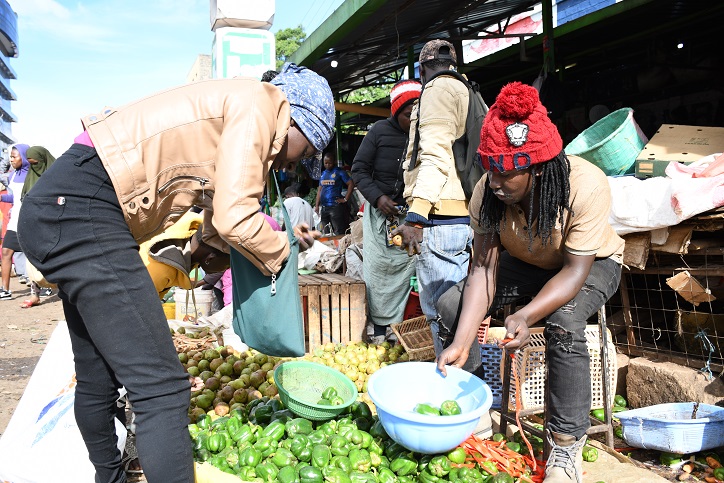Kenya’s economy has performed better this year compared to last year despite challenges the country has faced, the World Bank has said.
According to the bank, the country’s economy strengthened this year with an estimated real gross domestic product (GDP) of 5pc compared to 4.8pc recorded last year.
The World Bank in its 28th edition of Kenya Economic Update (KEU) attributes the growth to a strong rebound in agriculture sector in 2023 which had faced a persistent and severe drought as well as a moderate growth in the services sector.
The multilateral lender says recovery in agriculture as a result of the rainfall and better harvest this year which enhanced food supply, coupled with monetary policy tightening has helped reduce inflationary pressures.
While the country has registered improvements in tourism activities, private sector credit and manufacturing activity from anticipated growth in agro-processing sector, World Bank said the economy still faces several challenges to sustain its growth momentum.
The challenges include heightened fiscal and external vulnerabilities manifested through high public debt, elevated cost of living, exchange rate pressures, global economic uncertainties, and tight global financial conditions.
“The government’s strategy to tap into concessional borrowing prudently helps reduce the accumulation of expensive debt,” said Keith Hansen, World Bank Country Director for Kenya.
Amid expenditure pressure rising from higher debt costs that has negatively impacted development plans, the KEU noted that the government has managed to cut primary deficit from 1.6pc of GDP in FY2021/22 to 0.8 of GDP in FY2022/23, while the overall deficit decreased from 6.2pc to 5.6pc during the same period and is expected to reduce a further to 5.4pc in FY2023/24.
“Kenya will need to balance the short-term challenges of macroeconomic stability with the need to focus on policies for achieving longer-term growth that includes all in society,” added Naomi Mathenge, World Bank Senior Economist.
The World Bank projects the economy to register a growth of between 4.5pc and 5.2pc next year on the back of improved investor confidence and private sector credit as a result of reduced domestic borrowing by government.





